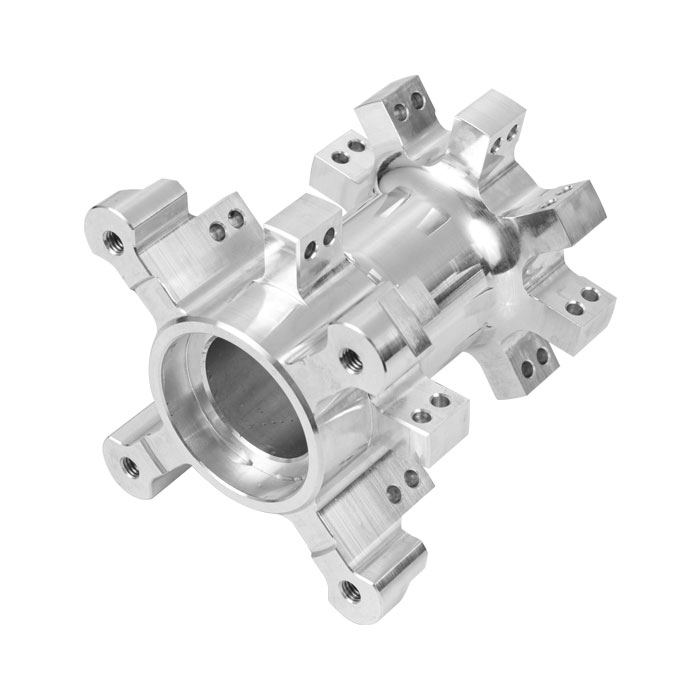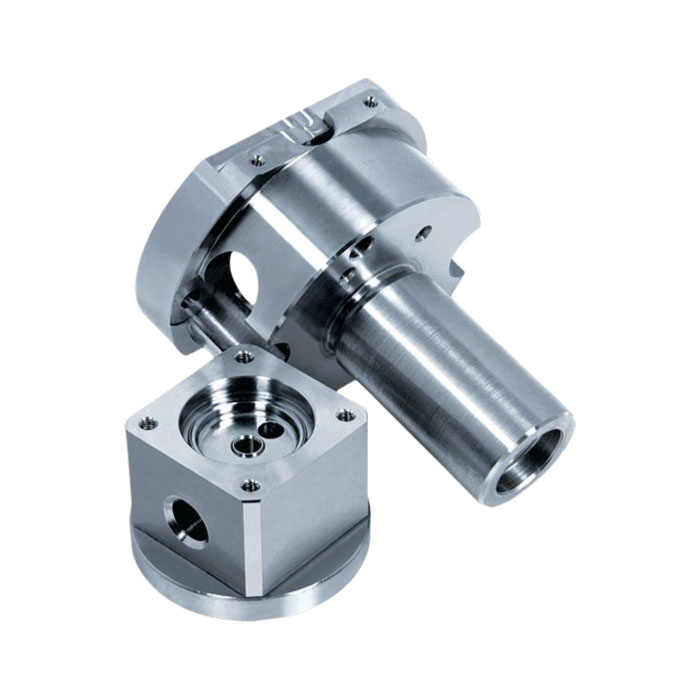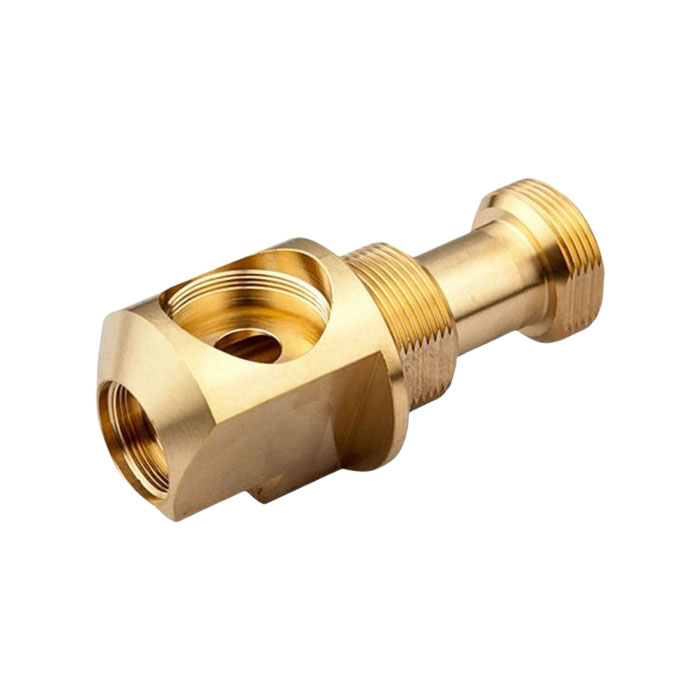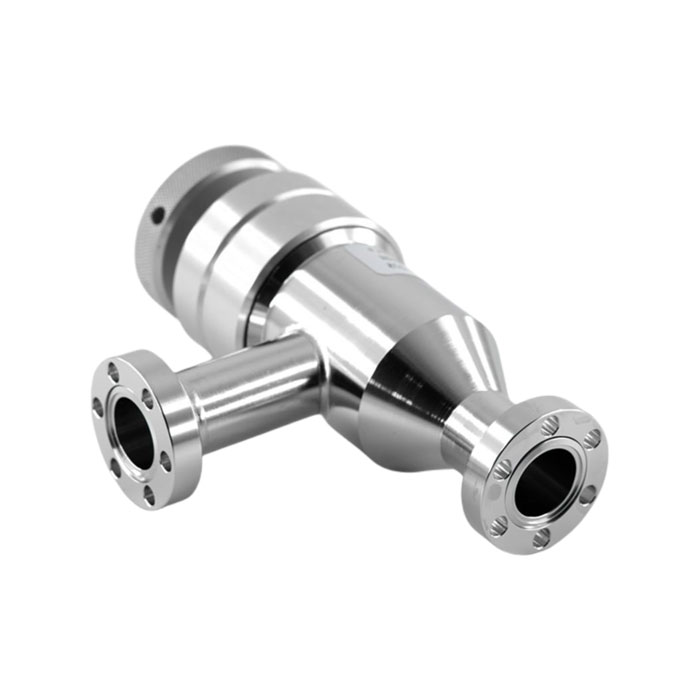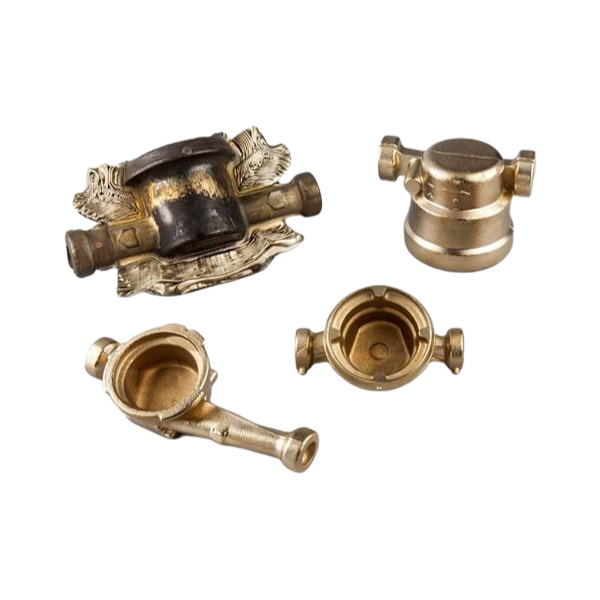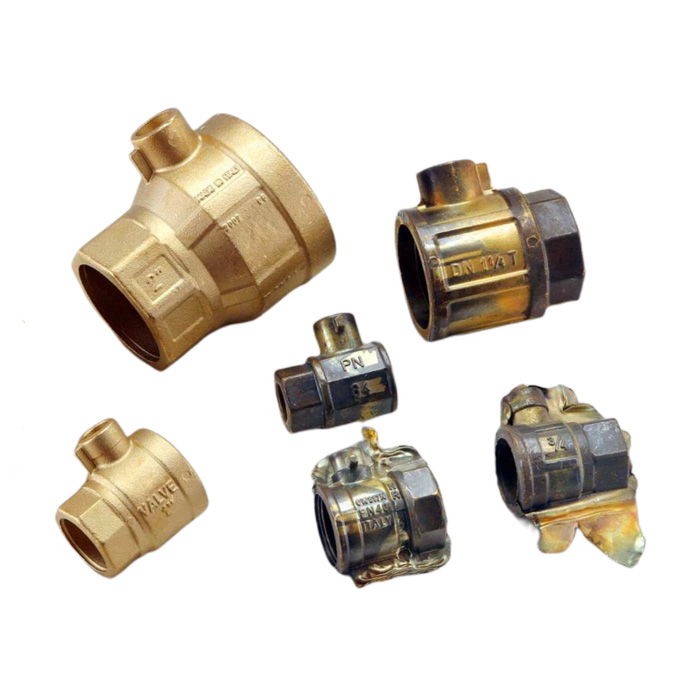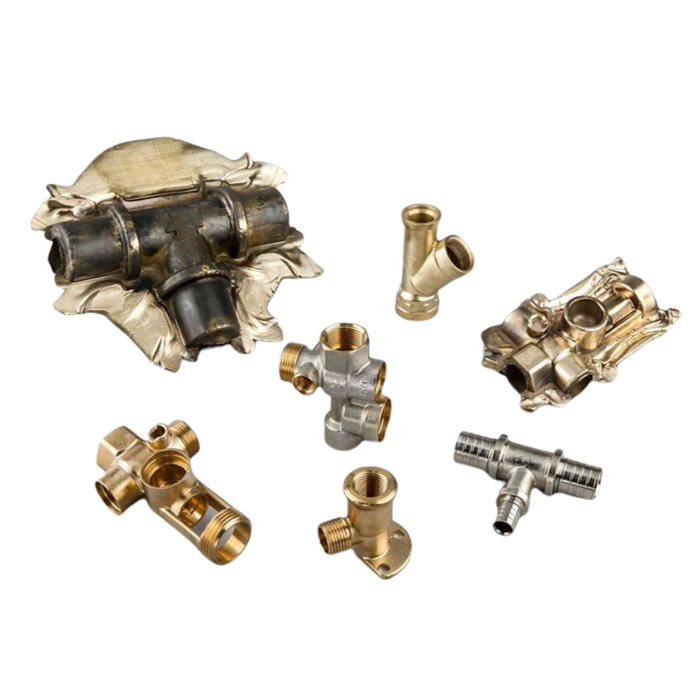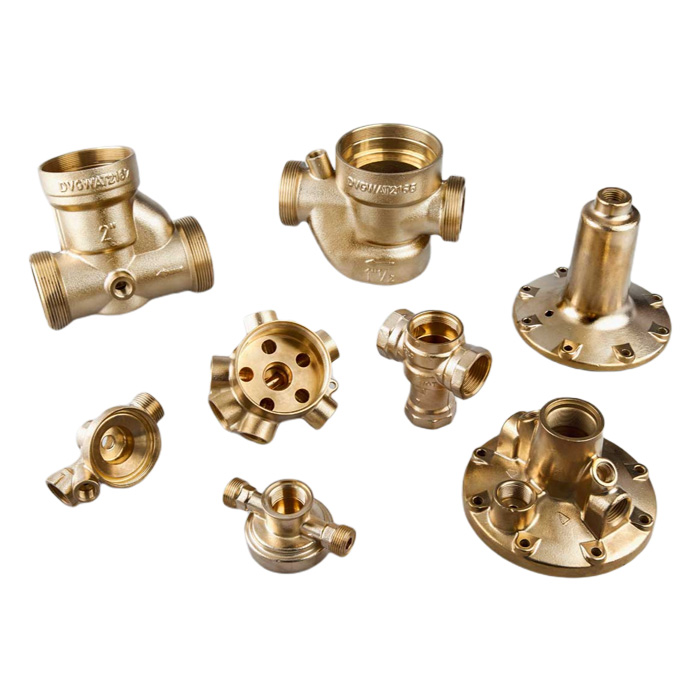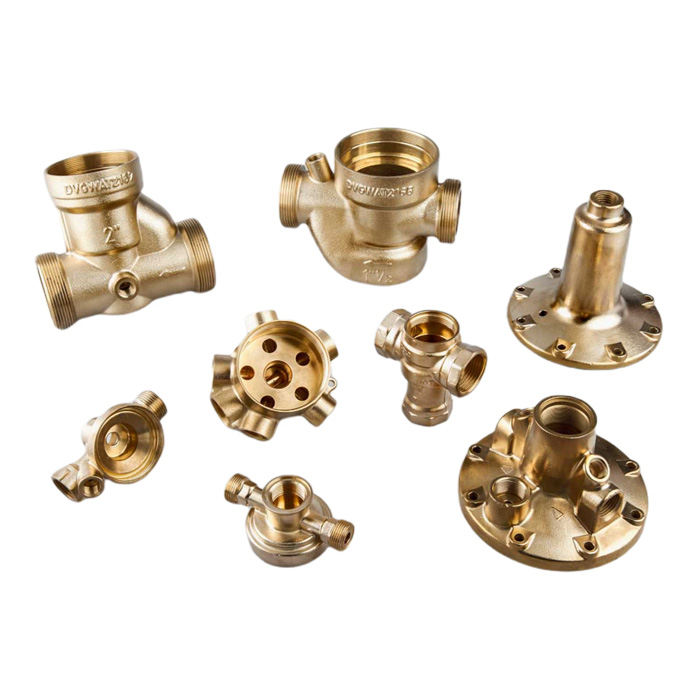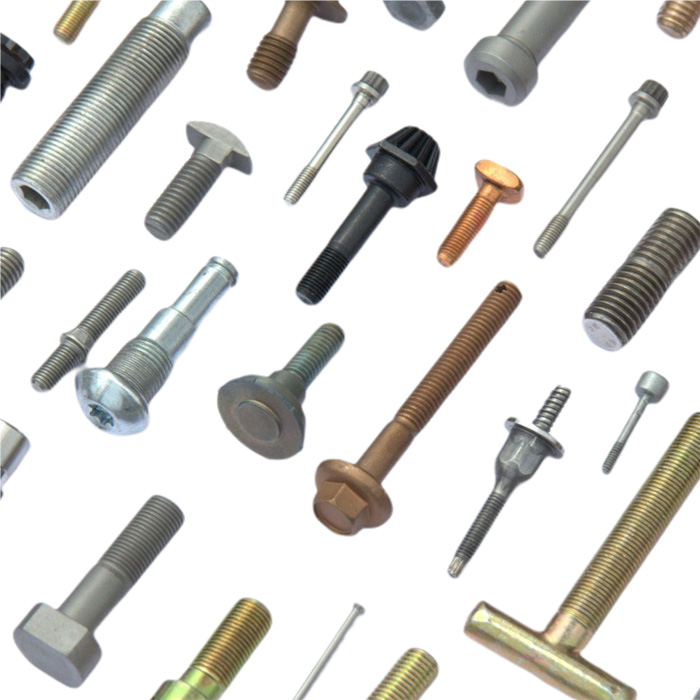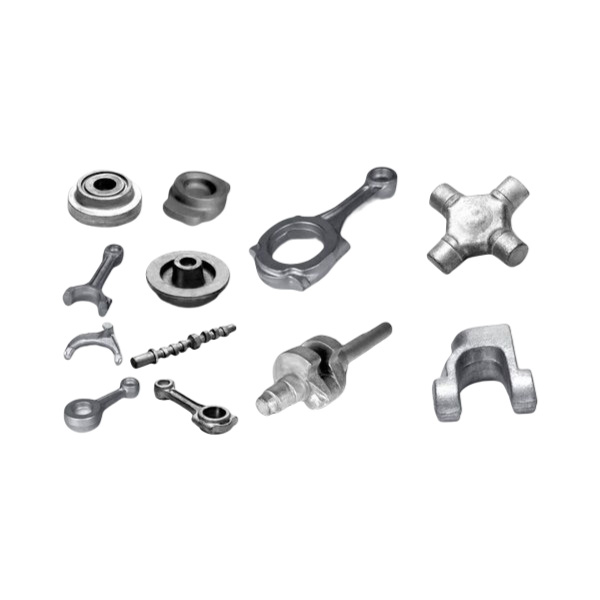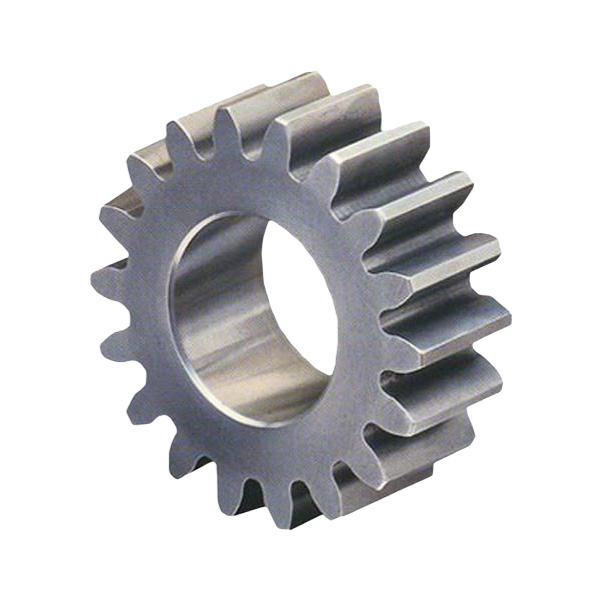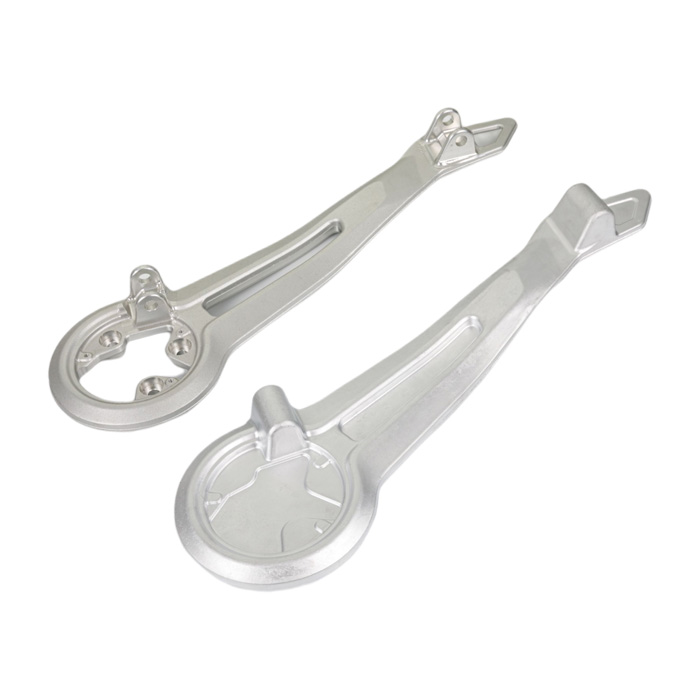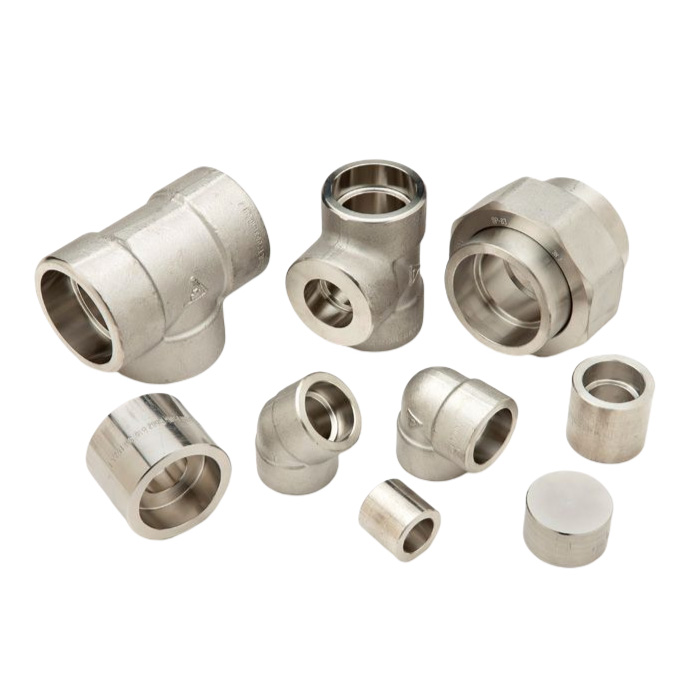
- English
- Español
- Português
- русский
- Français
- 日本語
- Deutsch
- tiếng Việt
- Italiano
- Nederlands
- ภาษาไทย
- Polski
- 한국어
- Svenska
- magyar
- Malay
- বাংলা ভাষার
- Dansk
- Suomi
- हिन्दी
- Pilipino
- Türkçe
- Gaeilge
- العربية
- Indonesia
- Norsk
- تمل
- český
- ελληνικά
- український
- Javanese
- فارسی
- தமிழ்
- తెలుగు
- नेपाली
- Burmese
- български
- ລາວ
- Latine
- Қазақша
- Euskal
- Azərbaycan
- Slovenský jazyk
- Македонски
- Lietuvos
- Eesti Keel
- Română
- Slovenski
- मराठी
- Srpski језик
Brass Forging
Youlin provides a complete manufacturing solution for Brass Forging brass forging – from processing raw material through forging and fully machined components. We can not only provide a complete range of new parts from dies, samples, or production runs, but also over the last several years we have become proficient at adapting other forge's tooling to our presses. Our current capacity allows us to provide services for parts anywhere in the 200 to 20,000 volume range.
Send Inquiry
Our commission should be to provide our customers and consumers with ideal top quality and aggressive portable digital products for Best Price on China Brass Forging Brass Forging, Generate Values,Serving Customer!" is the intention we pursue. We sincerely hope that all clients will establish long term and mutually effective cooperation with us.In case you wish to get additional particulars about our business, Remember to speak to with us now.
Best Price on China Hot Forging, Steel, We hope we can establish long-term cooperation with all of the customers. And hope we can improve competitiveness and achieve the win-win situation together with the customers. We sincerely welcome the customers from all over the world to contact us for anything you have to have!
1.What is Brass Forging
 Brass Forging Brass forging uses a hot forging process where the metal is formed using high temperatures and pressure. The brass is heated and then deformed using pressure. Brass is easy to forge and generally allows for close tolerances and limited reheating or additional machining. The forging process allows for accuracy and relative freedom from flaws.
Brass Forging Brass forging uses a hot forging process where the metal is formed using high temperatures and pressure. The brass is heated and then deformed using pressure. Brass is easy to forge and generally allows for close tolerances and limited reheating or additional machining. The forging process allows for accuracy and relative freedom from flaws.
Brass Forging Considerations
Brass Forging Brass Forging allows for many beneficial factors, including:
☑High ductility
☑Corrosion resistance and excellent finishing properties
☑High thermal and electrical conductivity
☑Superior malleability that facilitates tight tolerances
☑Non-magnetic and non-sparking properties
Brass Forging has a few disadvantages, including:
☑Possible atmospheric reactions
☑Warping or variations may develop in cooling process
☑Brass is not a feasible option for structural products
2. Our Process for Brass Forging

3. Why Brass Forging
 Forging assures exceptional durability to products as the process of deforming metal in a solid state guarantees full density in components designed for fluid handling and corrosion resistance. Brass alloys offer exceptional thermal and electrical conductivity, ease of formability and machineability. Add to that corrosion resistance, compatibility with many other materials and environments, and the ability of the alloy to accept a wide variety of plating options. These attributes make brass forgings the ideal choice for many applications.
Forging assures exceptional durability to products as the process of deforming metal in a solid state guarantees full density in components designed for fluid handling and corrosion resistance. Brass alloys offer exceptional thermal and electrical conductivity, ease of formability and machineability. Add to that corrosion resistance, compatibility with many other materials and environments, and the ability of the alloy to accept a wide variety of plating options. These attributes make brass forgings the ideal choice for many applications.
4.Applications of Typical Brass Forging Components
→Plumbing fittings for many types of fluids especially water faucets and taps
→Components used in outdoor environments such as metal fitting on boats and vehicles
→Knobs, handles and many “hand-touch” items that require antimicrobial properties
→Bushings and bearings where the “self-lubricating” properties of a copper-based alloy are an advantage
→Display or architectural items where the warm, golden color of polished brass provides enhanced appearance
5. FAQ
Q: Is brass good for forging?
A: Copper based alloys have been rated for forgeability, taking into account factors such as required forging pressure, die wear and hot plasticity. Forging brass, C37700, is the most forgeable and is rated at 100%.
Q: What is the forging temperature of brass?
A: Forging temperature
|
Material |
Forging Temperature |
|
|
Celsius |
Fahrenheit |
|
|
Copper |
900 |
1652 |
|
Brass (25 alloy types with varying ratios of copper and zinc) |
815 |
1499 |
|
Commercial bronze (90% copper and 10% tin) |
900 to 419.53 |
1652 to 787.154 |
Q: Is forged brass solid brass?
A: Making forged brass is a longer, superior process than stamped or cast brass. Forging requires very large presses, some as tall as 30 feet, and specialized tooling. The outcome is a solid brass product with very few imperfections.

